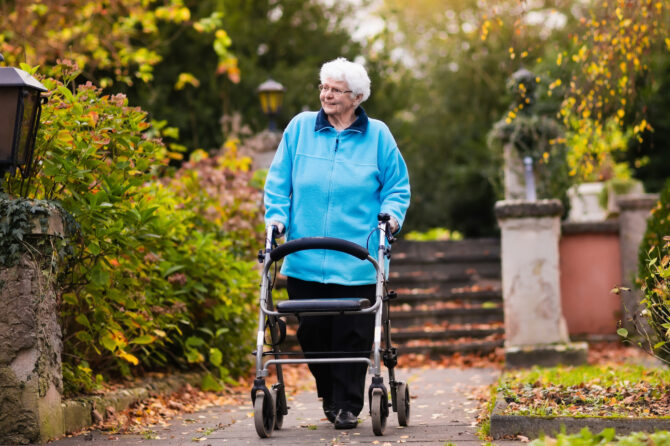
Is It Safe for My Elderly Parent to Live Alone? Key Signs It May Be Time for Home Care
As your senior parent ages, knowing when to consider a change in living arrangements can be challenging. You want your loved one to maintain their independence, but you also want to ensure their safety and well-being.
At Assured Quality Homecare, we recognize the importance of finding the right balance between independence and support for families. Our Care Professionals help seniors stay comfortable and safe in their own homes while maintaining dignity and connection.
In this blog post, we’ll explore some factors to consider when evaluating whether it’s safe for your senior parent to live alone.
Health and mobility
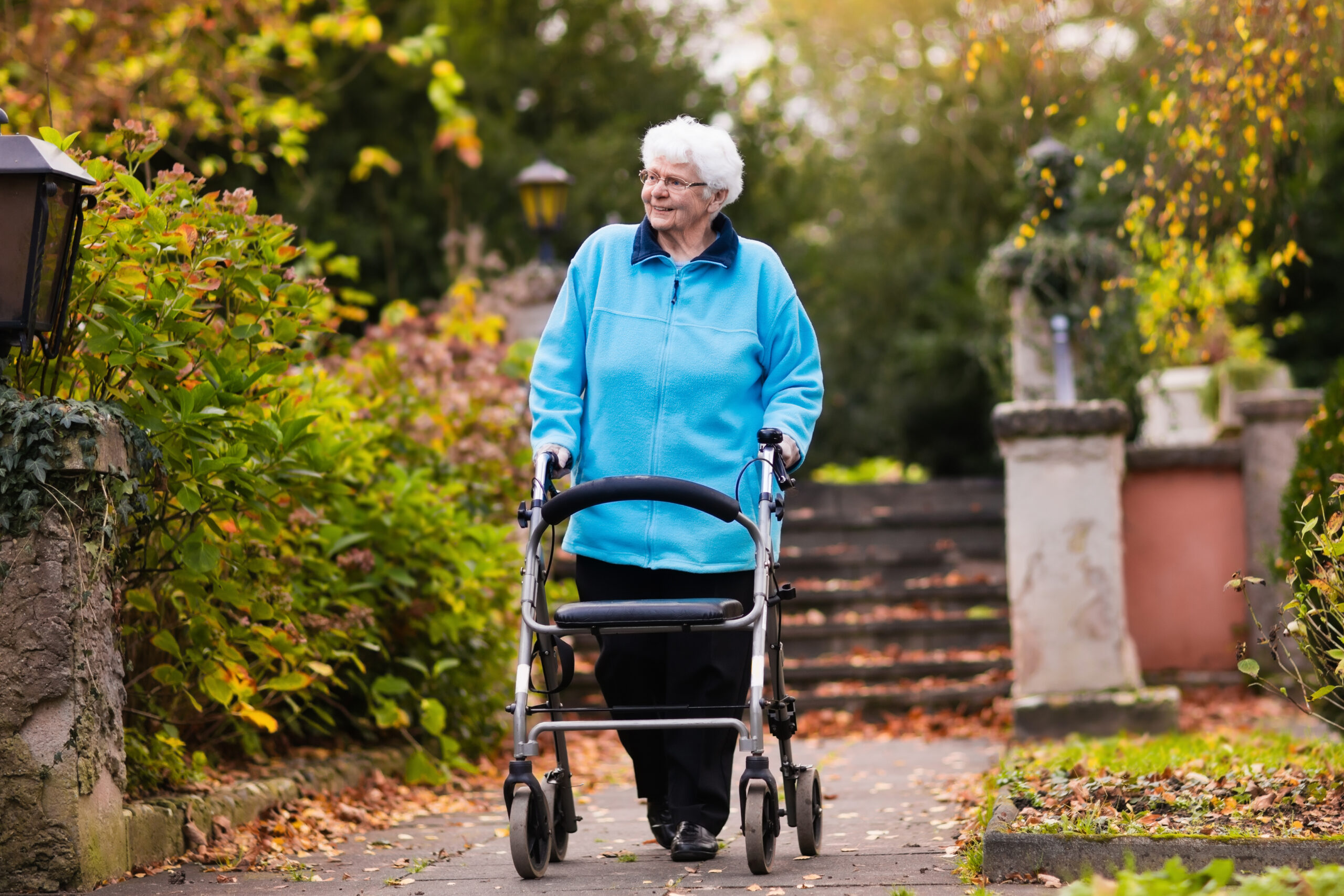
The top factor to consider is your parent’s overall health and mobility. If your parent has a chronic medical condition, such as diabetes or heart disease, they may require more frequent medical care and monitoring. Additionally, if your parent has mobility issues, such as difficulty walking or climbing stairs, they may be more prone to falls and injuries.
Evaluating your parent’s ability to perform daily tasks like bathing, dressing, and cooking is essential. If they’re having difficulty with these tasks, it may be a sign that they need additional support.
Cognitive function
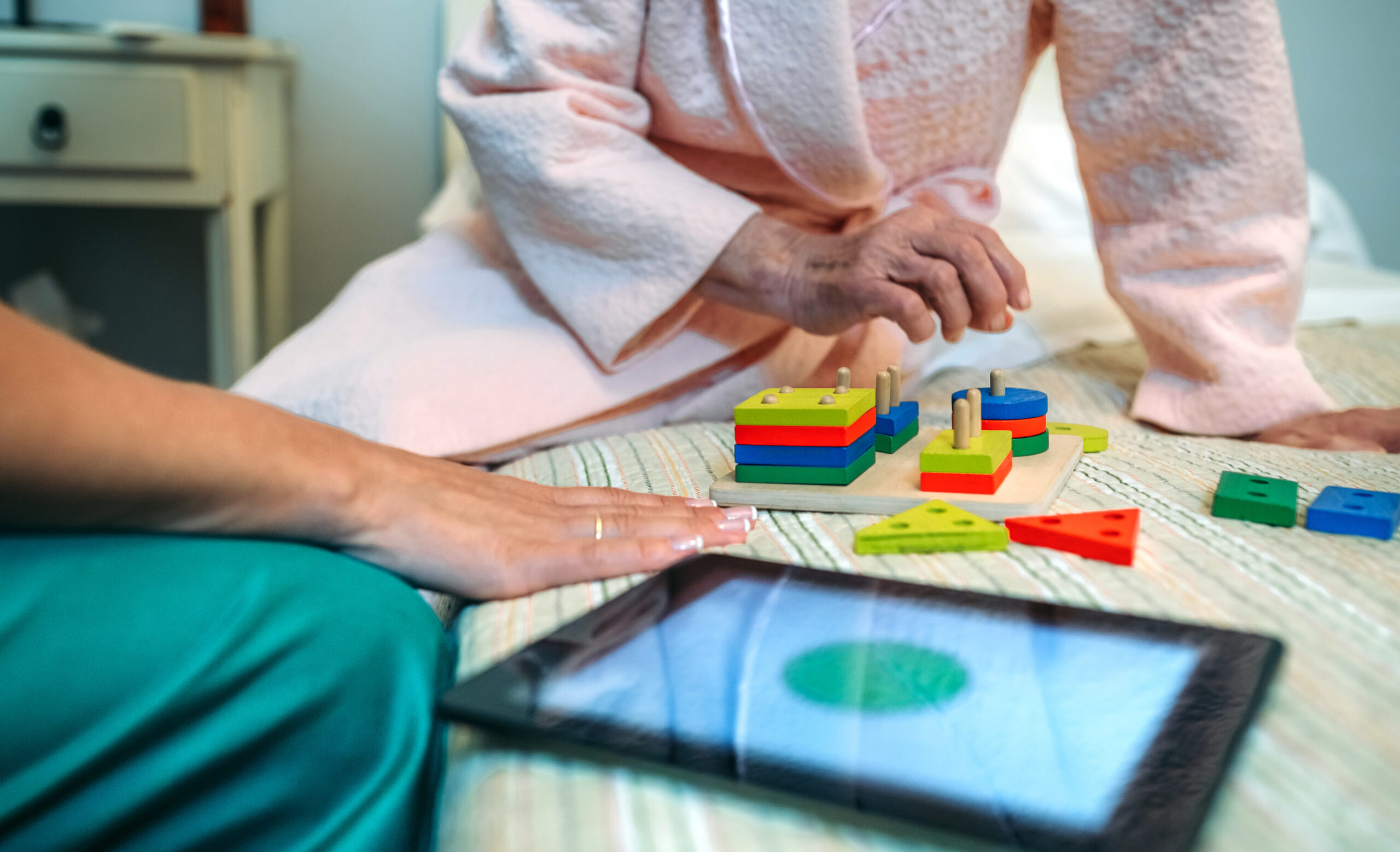
Another vital factor to consider is your parent’s cognitive function. Our cognitive abilities may decline as we age, making it more difficult to perform everyday tasks and make decisions. If your parent is experiencing memory loss, confusion, or difficulty with decision-making, it may be time to consider additional support.
Social support

Living alone can be isolating, especially for seniors with limited social interactions. Evaluating your parent’s social support network, including friends, family, and community resources, is essential. If your parent feels isolated or lonely, it may be a sign that they need more social support.
Home Safety

Finally, evaluate the safety of your parent’s living environment. This includes checking for hazards such as loose rugs or cords, ensuring that smoke detectors and carbon monoxide detectors are functioning correctly, and evaluating the home’s accessibility.
Below is a list of questions to contemplate when assessing the safety of Mom or Dad living independently:
- Does your parent have any chronic medical conditions?
Chronic medical conditions require regular medical care and monitoring, which may be challenging to manage independently. - Does your parent have any mobility issues?
Mobility issues can increase the risk of falls and injuries, especially if your parent lives in a multi-level home. - Is your parent experiencing any memory loss or confusion?
Cognitive decline can make it more difficult for your parent to perform everyday tasks and make decisions. - Does your parent have a social support network?
Living alone can be isolating, especially for seniors with limited social interactions. - Is your parent’s home safe and accessible?
Hazards such as loose rugs or cords can increase the risk of falls, while inaccessible home areas can limit your parent’s mobility. - Can your parent perform daily tasks such as bathing, dressing, and cooking?
Difficulty with these tasks can indicate that your parent requires additional support. - Is your parent able to manage their medications independently?
Mismanagement of drugs can be a severe health risk, especially if your parent has multiple prescriptions. - Does your parent live in an area with a high crime rate?
Living in an area with a high crime rate can increase the risk of theft or violence, which can be especially concerning for seniors who live alone. - Is your parent able to drive safely?
If your parent can no longer drive safely, they may have difficulty accessing medical care or social activities.
If you’re worried about your elderly parent living alone, there are several options available to address the situation. Here are a few suggestions:
In-home care: If your parent can still live independently but requires some assistance with daily tasks, in-home care may be a good option. A caregiver can visit the home regularly to help with cooking, cleaning, and personal care.
To learn more about how Assured Quality Homecare can help your loved one stay safe and independent at home, visit our Home Care Services page. Our compassionate team can provide the support your family needs to feel better at home and be better at home.
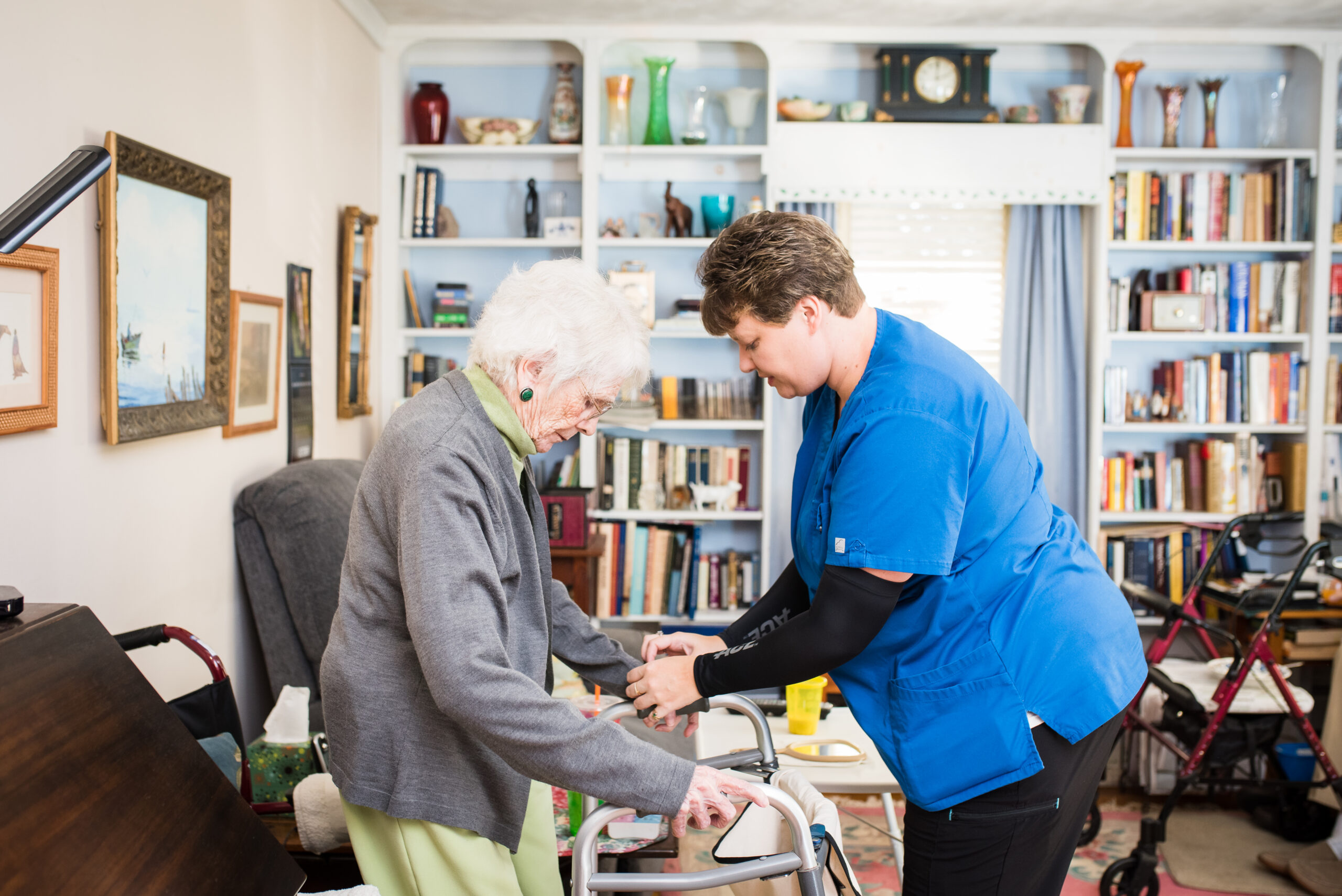
Community programs: Many communities offer programs and services specifically for seniors, such as meal delivery, transportation, and social activities. These programs can provide valuable support and social connections for seniors who live alone.
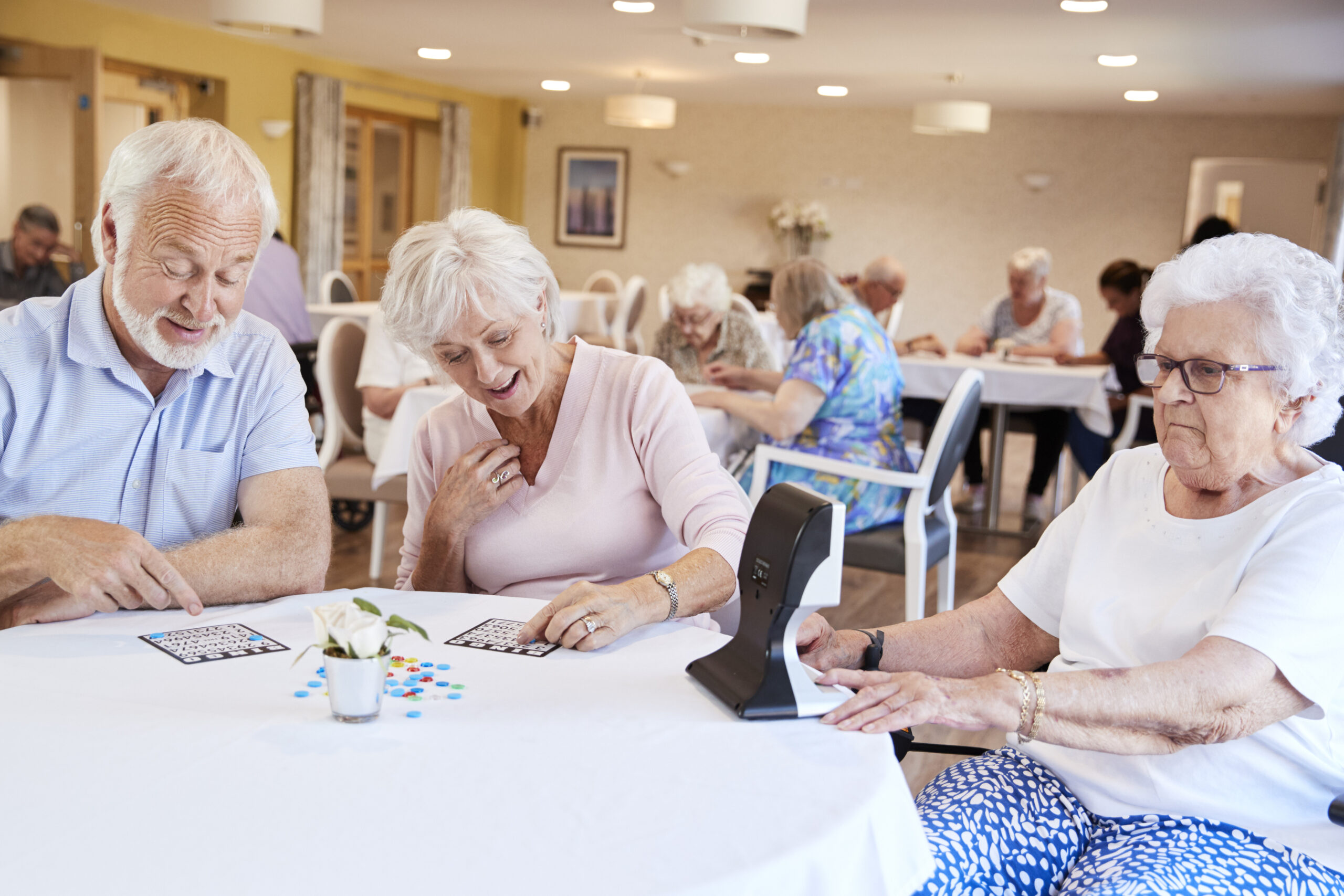
Senior living facilities: Depending on your parent’s needs and preferences, a senior living facility may be a good option. These facilities offer various services and amenities, from independent living to skilled nursing care. The good news is that Medicare.gov provides an excellent tool for you and your family to utilize to compare the best facility for your loved one.

Technology: Many technological solutions are available to help seniors live independently and safely. For example, home monitoring systems can detect falls or other emergencies and alert family members or emergency services.
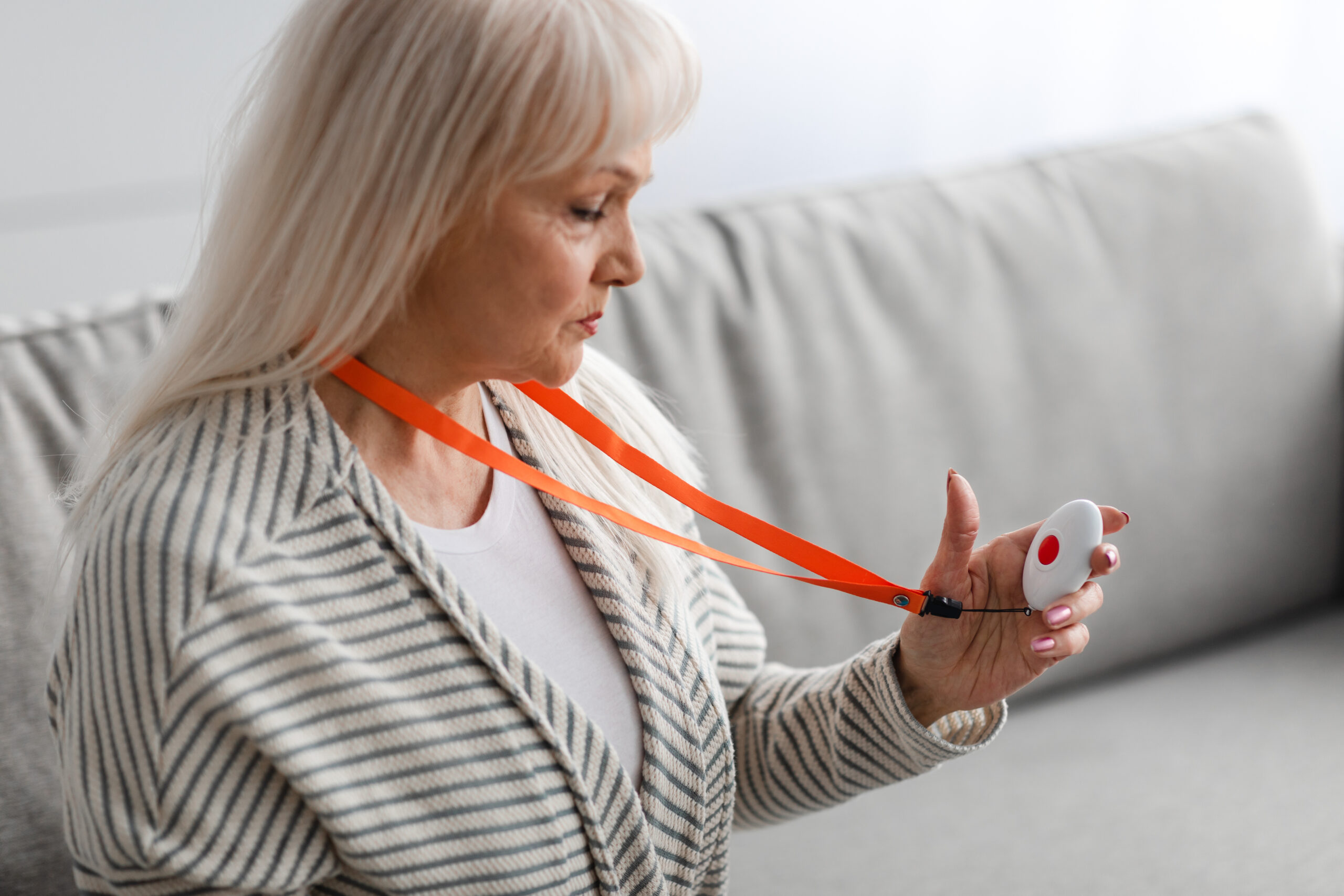
Ultimately, the best solution depends on your parents’ needs and preferences. It’s essential to involve your parents in decision-making and explore all available options before making a decision.
How Assured Quality Homecare Can Provide Assistance
When it comes to seeking care for a family member, our ASQ-approved caregivers provide trustworthy, round-the-clock support tailored to the individual’s specific needs.
As one of the top live-in care providers in Connecticut, we bring the highest standard of care directly to your loved one’s home. You can find solace in knowing that your loved one will receive comprehensive support, both practical and emotional, which will enable them to lead an independent and fulfilling lifestyle.
We firmly believe that excellent care begins with strong relationships. That’s why we take great care in matching your loved one with a caregiver who is ideally suited to their requirements. The caregiver who enters your home will be carefully selected to meet the unique needs of your loved one.
To determine if your loved one requires additional assistance, please contact us today at 860-373-0428 to arrange a complimentary assessment with one of our care navigators. Alternatively, you can complete our brief questionnaire to find the ideal home care solution for you and your family.
Remember, we will be with you every step of the way throughout your care journey.
Leave a reply